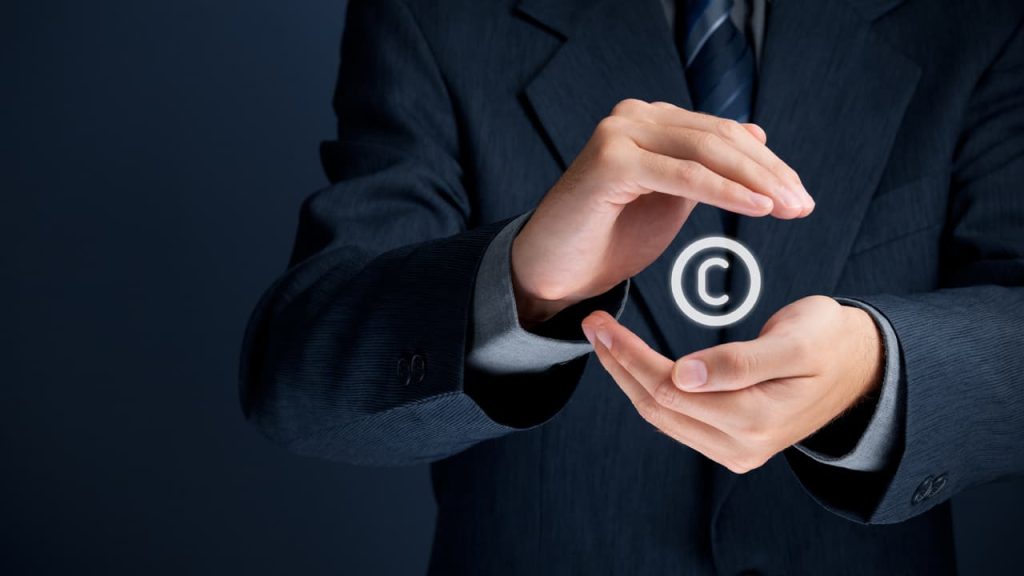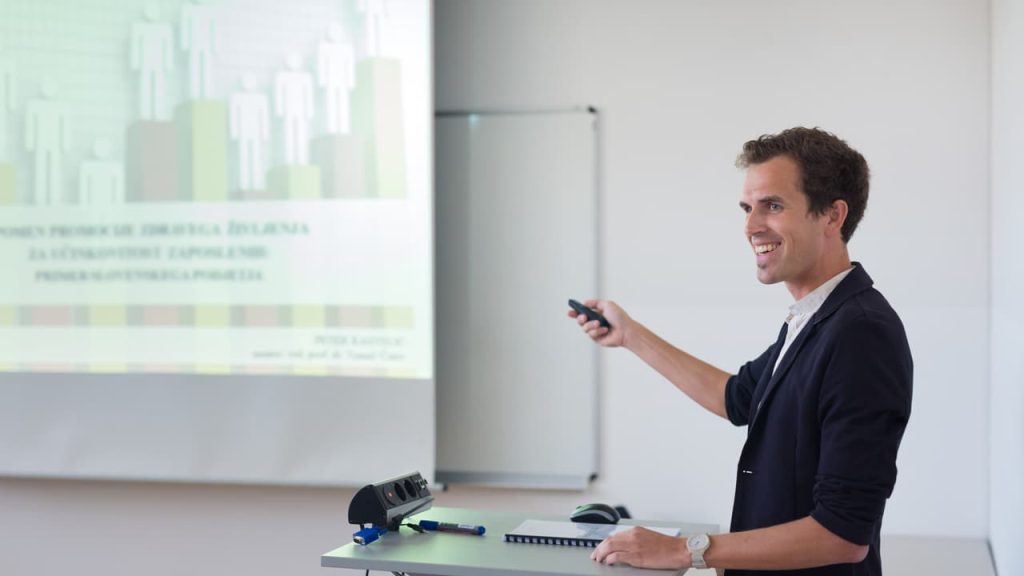
Who owns the copyright of a Final Dissertation?
Final dissertation copyrights are the rights that protect the creative work of a bachelor’s thesis or master’s thesis.
Writing a dissertation is an expensive but exciting job. Not only do you have the opportunity to do research and make a contribution to your field, but it is also the closing of a stage. Most students put a lot of effort into getting a good grade.
Alsothis project can open many doors for you in the future. If you are writing your dissertation or will be writing it in the next few months, you may be wondering what will happen to the copyright of the dissertation. W ill it be mine or the university’s? To solve your possible doubts, in this article we tell you everything you need to know about copyrights.
What does the Intellectual Property Law say about the dissertation?
As any other literary, artistic or scientific work, final dissertations are protected by the Copyright Law. Therefore, the ownership of the same corresponds to the student who performs it. But can be shared among several students and with other collaborating entities, whether public or private.
That is, as a student, by the mere fact of writing your bachelor’s or master’s thesis, you own the copyright of the same, even if you have not registered it. Since, as the legislation indicates, you are the owner from the moment of its creation. However, you always have the possibility of registering your project to obtain an internationally valid proof of authorship with a registration date.

If you are interested in registering your dissertation or thesis, you can do it through Safe Creative’s express registration system.
Who owns the copyright of your dissertation or thesis?
As we have seen in the previous point, according to the Copyright Law, the copyright of the dissertation or thesis belongs to the creator of the work, i.e., the student who has written it. However, it may be the case that you are several authors, that you hire an editor, or that a corporate entity collaborates in the project, in which case you should take into account some aspects.
- If it is a co-authored work, it is highly recommended to define the percentage of participation of each person. This would also be reflected in the registration of the work, if so decided.
- In the case of hiring translation or scholarly writing services to collaborate in the project, you must make sure that, once the order is placed, the rights will be handled in the appropriate manner (and that they will not belong to the contracted company). Take the time to read the contract before starting the service and, if you have any doubts, clarify them. It is best to opt for a registered company with demonstrable experience.
- It should be noted that in this type of work it is customary for the student to authorize the college to consult, disseminate or exhibit the work on a not-for-profit basis. In case the project has been carried out with the collaboration of a company, whether public or private, there must be an agreement signed by both parties.
Before starting the Final Dissertation
Both undergraduate, master’s and doctoral students have the recognition and protection of the copyright of the dissertation and of the previous research work. Therefore, before starting the final project course, the college will normally inform the students about the copyright of their projects and the different types of licenses that exist so that the student can make the best decision.
Depending on the type of license chosen by the student, the university will include, or not, the work in its online repository. For example, if you are the copyright owner of your dissertation, but you want anyone to be able to access it for non-profit purposes, you can make your work open and free with a Creative Commons license for acknowledgement-non-commercial use-no derivative works.
It is important to clarify that the fact of choosing a type of licensing does not imply the publication of your project in the repository. You will have to authorize this, or not, to the university through a written document and the licensing you give to the work will always be respected.

Types of copyrights
As we have mentioned, as the creator of the work, you are entitled to the copyright of the work. Copyrights are divided into two types: recognition and commercialization.
Moral rights
Moral rights are those that recognize that a work belongs to its author (even if he does not own its exploitation rights). They are unwaivable and inalienable, so they cannot be sold or assigned. Remember that if it is a co-authorship, it is always advisable to define the percentage that each person contributes to the project.
The author, by the mere fact of creating the work, is entitled to the moral rights of disclosure, paternity, integrity of the work, modification, withdrawal and access to the single copy. This is so in European Continental Law, but not so in EEUU law.
Economic rights
The economic rights are those that regulate the economic exploitation of the creation and, therefore, with which you can commercialize. The author of the work is entitled to the economic rights of reproduction, distribution, public communication, transformation and collection.
Please note that the sale of these rights must be made by signing a written assignment of rights contract. Once the transaction is completed, the economic rights will no longer belong to you. You will no longer be able to exploit the work.
In this other article we go into more detail on the types of copyrights that exist.
